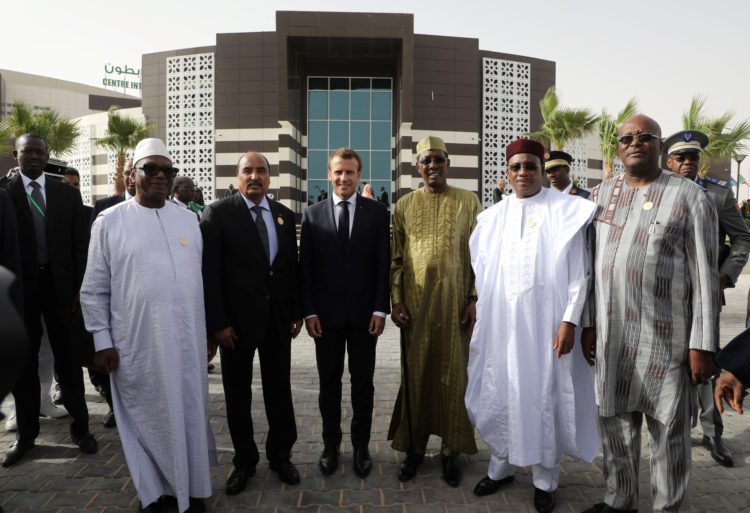Brussels, Belgium—The European Union must revise its African foreign, security, and financial aid policy.
The European Court of Auditors (COA), an official body that monitors EU public spending, has just released an investigation of EU’s policies and initiatives in Africa.
The COA has concluded that the Commission, the EU’s executive branch, and the European External Action Service (EAS), the EU’s diplomatic branch, must revise their previous approach regarding Africa. It has recommended that the African Union (AU), an organization that attempts to coordinate and enhance African policies, assumes leadership of the African Peace and Security Architecture (APSA).
The APSA is a policy making body with three main aims: conflict prevention, conflict management, and peacekeeping. It was established in response to the Rwandan massacre (1994), and as a result of the ongoing Somali Civil War (where the infamous Black Hawk Down battle occurred). APSA has long been dependent on foreign aid to function. Foreign powers such as the EU, U.S., and China have been paying the bill for decades (dependence on foreign capital has fluctuated from 50%-95% of its budget).
“EU support for APSA had long been focused on contributing to its basic operational costs. Its financing instruments were not always used coherently,” said a COA spokesperson.
The COA also delineated the importance to “refocus EU support away from supporting operational costs towards capacity-building measures.” This recommendation goes back to the old proverb of “give a man a fish, and he’ll eat for a day; teach a man to fish, and he’ll eat forever.”
Most of the EU funding (close to 80 percent) fuels APSA’s peacekeeping operations. This, however, incentivizes African nations to opt out from a crucial job.
Interestingly, the AU has been using the EU as a model of a coordinator. It wishes to replicate the EU’s political, economic, security, and foreign policy abilities.
Part of the reason for the extreme dependence on foreign capital is the reluctance of African nations to contribute to the AU. Very few of its 55 members pay their due. And yet the budget isn’t astronomical (just over $400,000 for 2016).
Despite the COA’s report, the EU has just signed a further €50 million for the support of the African Continent Free Trade Area (ACFTA), an ongoing project for the continent’s economic prosperity.
Europeans are divided on the issue. If they decrease funding, ongoing African military conflicts would most probably worsen. For example, the Al-Shabaab terrorist group in Somalia might gain ground. The result would be more immigrants and terrorist threats in Europe. If they maintain or increase funding, however, African nations wouldn’t have an incentive to contribute more. It’s a delicate situation that requires superb diplomacy.
Already have an account? Sign In
Two ways to continue to read this article.
Subscribe
$1.99
every 4 weeks
- Unlimited access to all articles
- Support independent journalism
- Ad-free reading experience
Subscribe Now
Recurring Monthly. Cancel Anytime.











COMMENTS